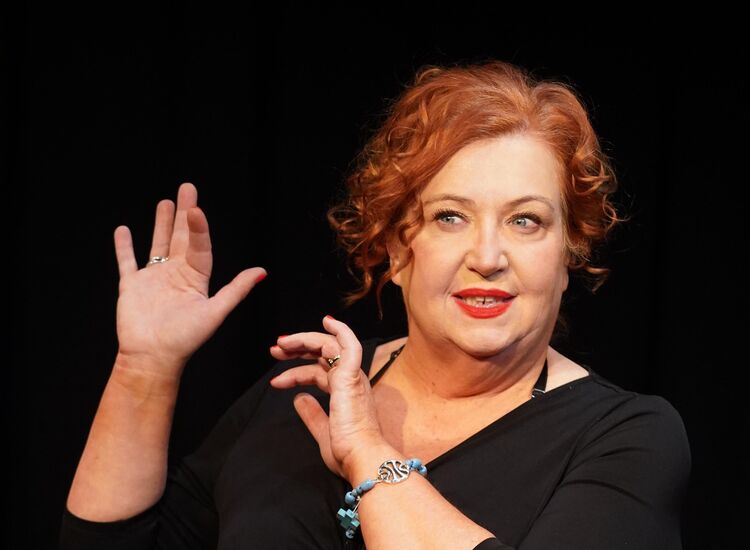The love of Liam and Maire is the central focus of the story.
Book Review / By J.C. Sullivan
Readers who are familiar with the song “The Fields of Athenry" can rightly imagine Cahal Dunne’s historical novel during Ireland’s famine years. The medieval town of Athenry is in County Galway. The story depicts the struggles of the O’Donoghue and Donnelly families, in particular Liam O’Donoghue and Maire Donnelly. The author describes it as an “Odyssey of Sacrifice, Survival and Love.” Dunne’s superbly researched book details life in Ireland and Australia during the years of “An Gorta Mor" – the Great Hunger.
The love of Liam and Maire is the central focus of the story that begins in Athenry. After the successive failure of the potato crop Liam, a horse trainer by nature, undertakes a desperate attempt to feed his family and those living in a reduced state on what had been O’Donoghue lands but now was part of Lord Kitchener’s estate. While his friend Sean and others escape, Liam is caught stealing grain from a government food store to feed his family and those on the estate. He is sentenced to life as a deportee to Australia.
Throughout the book Dunne is adept at revealing the underlying resentment of the Irish towards those English who now possess their land and property. Living on land that had been taken from them is a bitter pill but they must swallow their true feelings lest they would be put out with nothing but the clothing on their backs and bring more ruin to the families. “How can life be so cruel?” Maire thinks upon seeing the opulence of the Kitcheners’ lifestyle. “These are the most selfish, spoiled lazy people I’ve ever met. They have everything life could offer them, and yet they look down on everyone. How can God allow this?”
There are many powerful moments in the book that will tug at your heartstrings. When the families on the Kitchener estate receive a first-ever letter from England they believe it to be news about family living in Manchester. They all excitedly gather together to learn of it. Liam’s son Tomas, the only family member who can read and write English, begins: “My dearest Maire.” They are all shocked speechless beyond belief; it is the first time they have learned Liam was still alive.
While in English custody, before, during and after his transport as a prisoner to Australia, “His thoughts were always about home. ‘How is Maire doing? Will Sean keep his word and look after them?’ He kept his sanity by imagining his smiling Maire, the angelic, innocent face of Tomas.”
Liam’s natural curiosity about things, horse-training skills and his penchant for making friends serve him well as he suffers the indignities of being a prisoner. He encounters fellow Irish deportees and those he calls “good Englishmen” as he envisions ways to escape back to his family.
The book is the proverbial page turner. One will have to read it to discover if he will ever be able to return to see Maire and Tomas again. Dunne (cahaldunne.com) credits three women in writing “Athenry”: his wife Kathleen, Judy Savela and Michele Moe. With this influence the book gives the reader a unique, balanced perspective.
J.C. Sullivan, who writes from Northfield Village, Ohio, is a long-time contributor to the Irish Echo. He is grateful for the editorial assistance from his daughter Erin Sullivan Lally.








